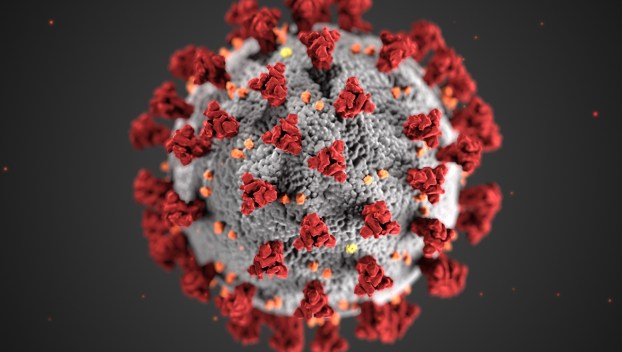
Covid-19
Third virus vaccine reaches major hurdle: final U.S. testing
A handful of the dozens of experimental COVID-19 vaccines in human testing have reached the last and biggest ... Read more

A handful of the dozens of experimental COVID-19 vaccines in human testing have reached the last and biggest ... Read more